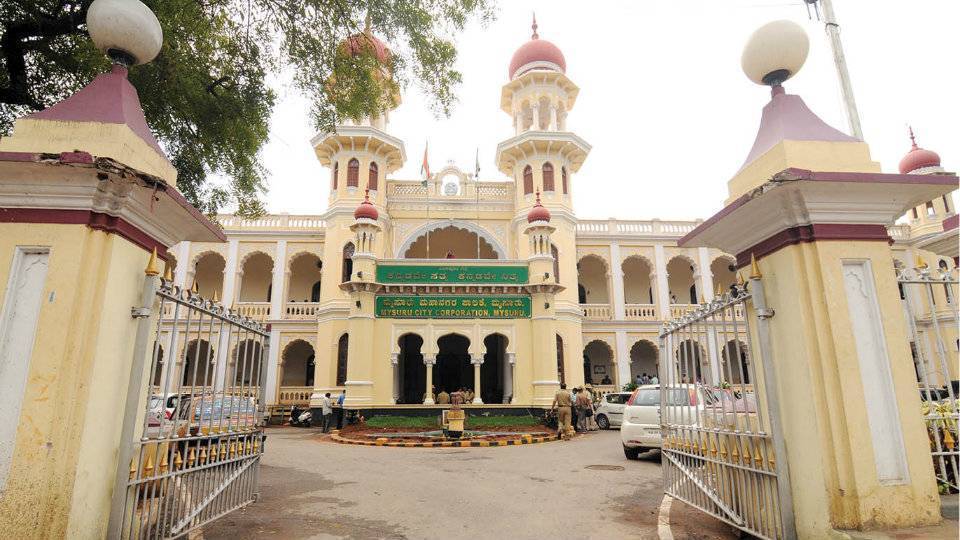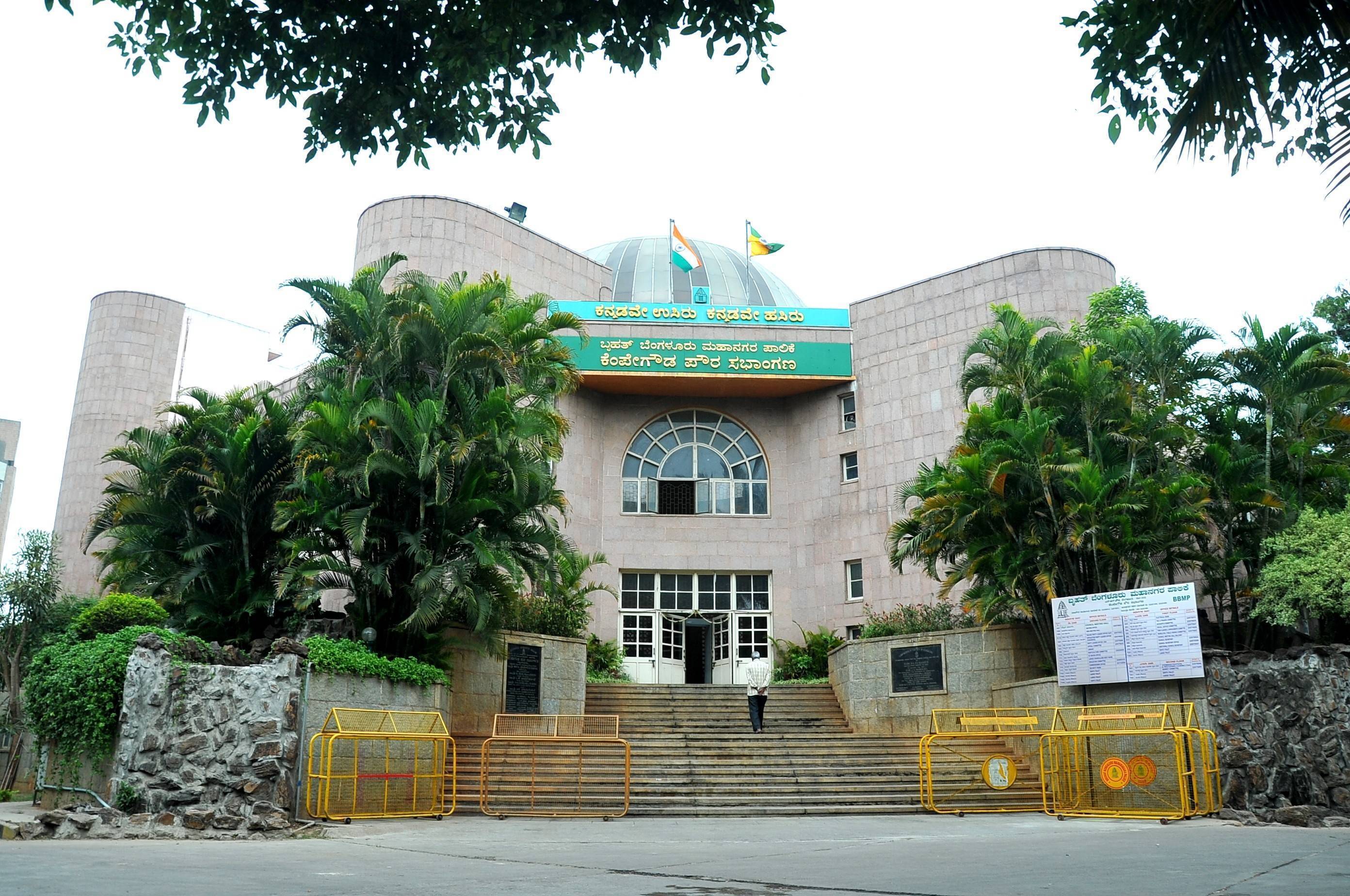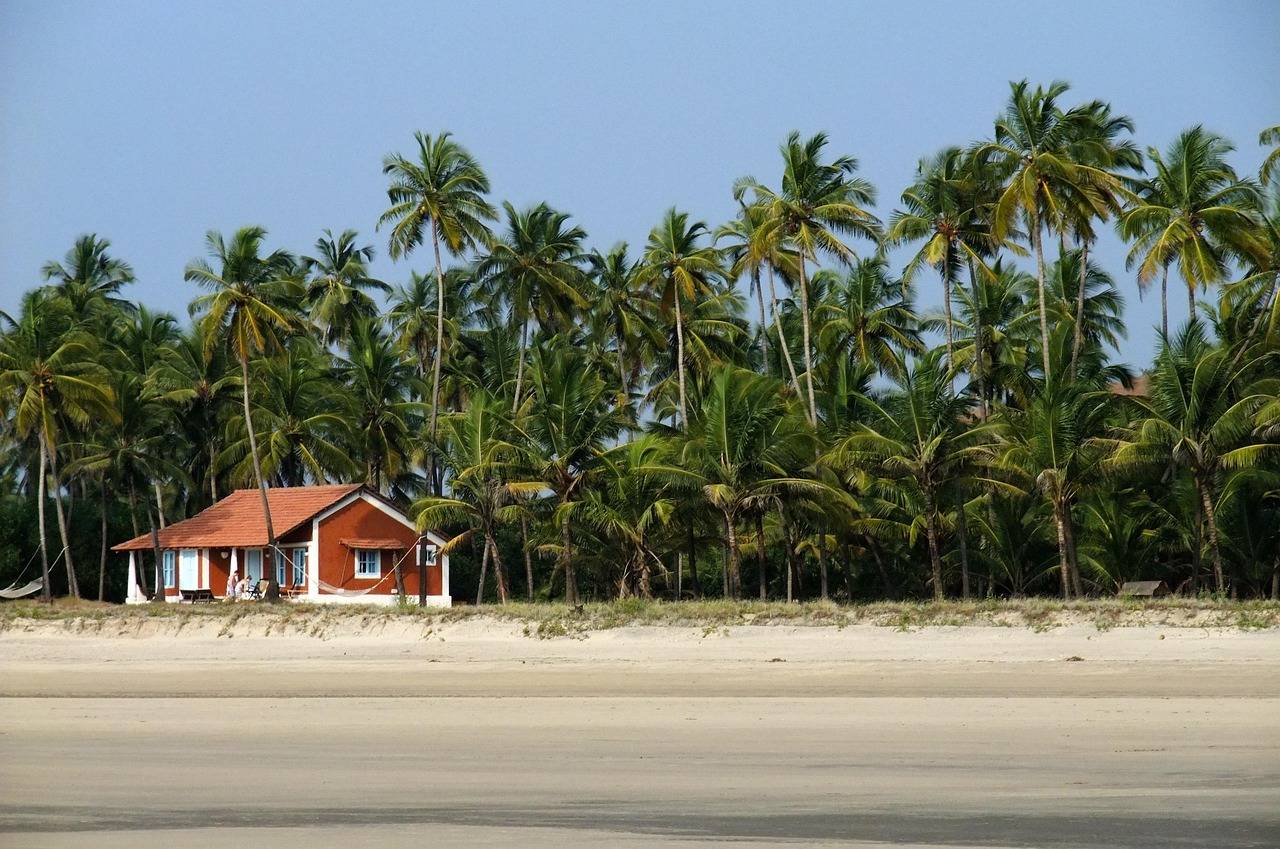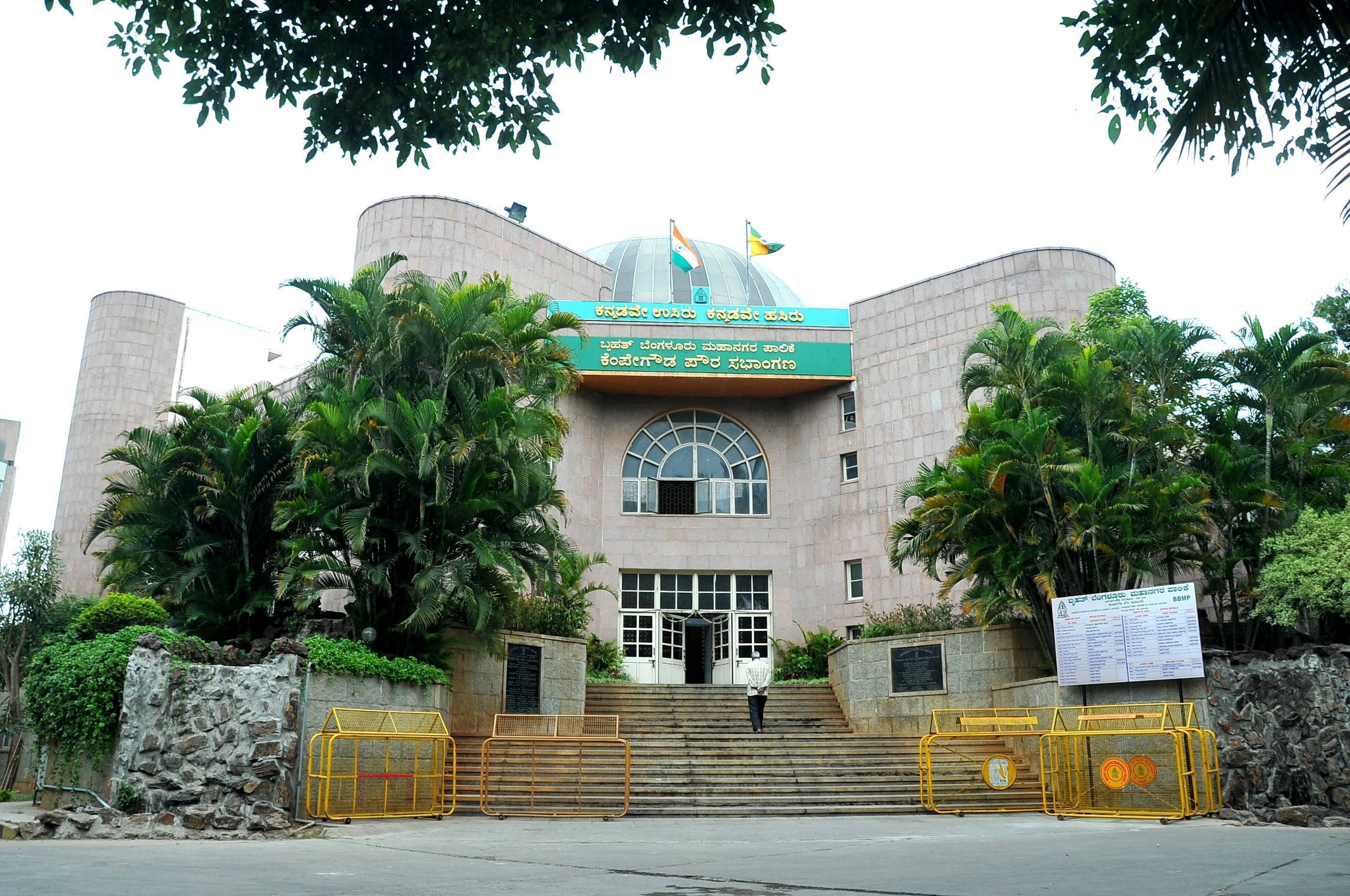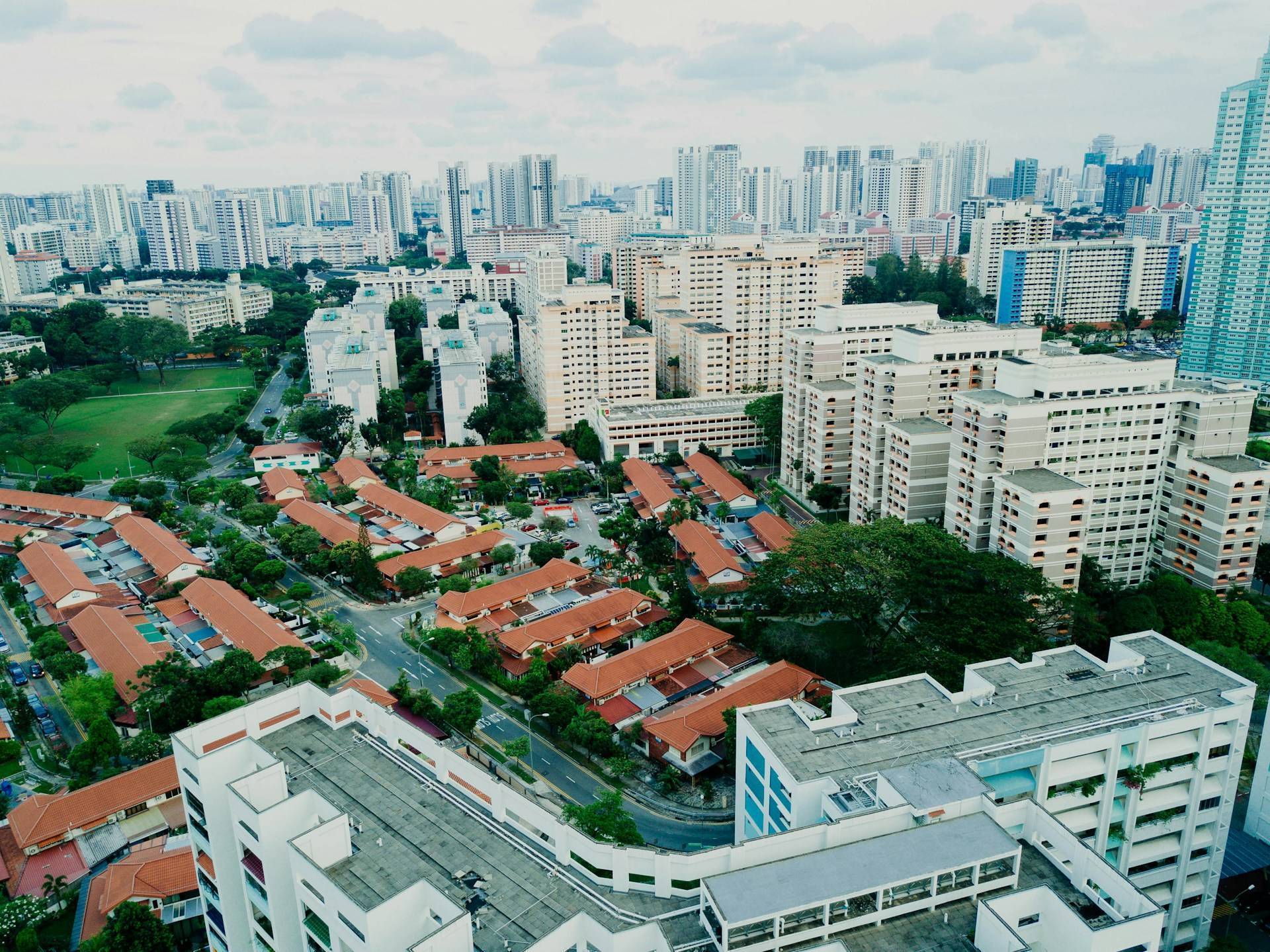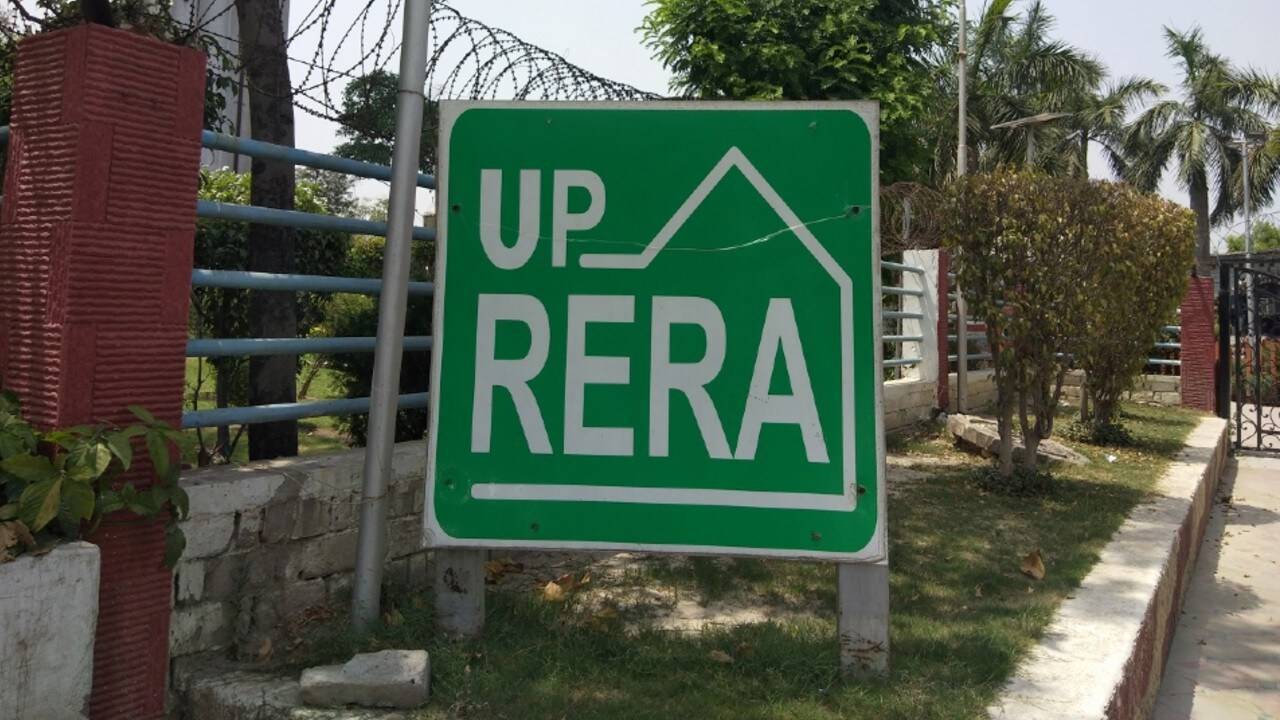The Karnataka Real Estate Regulatory Authority (KRERA) has issued a strict order against DC Hi Rise LLP, a Bengaluru-based developer, for not constructing the compound wall in its Panathur-based project "DC Capitol" and for attempting to repurpose a portion of the project's Undivided Share (UDS) allocated to Phase 1 for future development in Phase 2. KRERA’s decision came after over 50 aggrieved allottees filed complaints alleging deviation from the sanctioned project plan and misuse of common property.
The regulator observed that the compound wall was not a cosmetic or optional feature but a vital structural component forming part of the legally sanctioned layout plan. The authority directed the developer to construct the compound wall along the southern and western boundaries of the project within three months and explicitly barred the use of Phase 1’s internal driveway and UDS for any other phase or development without lawful consent and fresh approvals.
Complaint by Allottees
The issue came into focus after numerous allottees raised formal concerns that DC Hi Rise LLP had failed to deliver essential elements of the project promised at the time of sale and registration under RERA. According to the buyers, although the project brochure and approved layout included a compound wall, the southern boundary remained open. The residents alleged that the developer had floated communications indicating the internal driveway—initially part of Phase 1 UDS—could serve as an access point for the future Phase 2 of the project.
This raised concerns not just about breach of agreement but also about security, exclusivity of amenities, and the integrity of the project as originally sanctioned. The buyers also highlighted the non-construction of the swimming pool, which they argued was a promised amenity and formed part of the contractual obligations.
KRERA’s Legal Observations
KRERA invoked Section 14 of the Real Estate (Regulation and Development) Act, 2016, which mandates that developers must strictly adhere to the sanctioned plans submitted at the time of project registration. Any alterations to structural features, layout, or project configuration require prior written consent from at least two-thirds of the project’s allottees and revised approvals from the relevant planning authority.
The absence of a boundary wall, KRERA said, exposes the residential complex to potential unauthorised access and compromises resident safety. It added that redefining or reallocating portions of the Undivided Share to other development phases without consent violates the legal rights of current allottees.
“The Authority notes that the compound wall was part of the sanction plan. The developer’s omission of this element is a direct contravention of Section 14 of the Act and risks undermining the project's legal boundaries,” KRERA stated in the order. “It is not within the rights of the developer to treat Phase 1 infrastructure as expandable or transferable to subsequent phases without due process.”
KRERA further clarified that Undivided Share is not an abstract or optional entitlement. Every apartment owner is entitled to a proportionate share of the land on which the project is built. The share, although undemarcated, forms a critical part of the buyer's legal ownership and cannot be repurposed without lawful procedure.
Directions Issued to the Developer
- Construct the compound wall along the southern and western boundaries of the project as per the originally approved layout within a three-month timeframe.
- Cease any attempts to repurpose or share Phase 1 assets, including the internal driveway and UDS, with future phases unless explicit, documented consent is obtained from allottees and approvals are re-validated by planning authorities.
- Fulfil pending amenities, including the swimming pool promised in the marketing brochure, which the regulator noted constitutes a contractual obligation.
Additionally, the authority restrained the developer from granting access to any portion of Phase 1 infrastructure for the use of future development phases, unless allottees grant legal consent and the approvals are sanctioned through proper channels.
This case comes at a time when KRERA has been dealing with a large backlog of delayed or contested projects. As of July 2025, the regulator has flagged over 2,630 delayed real estate projects across the state. Many involve issues such as failure to complete common amenities, lack of compliance with approved plans, or attempts to modify project scopes post-approval.



